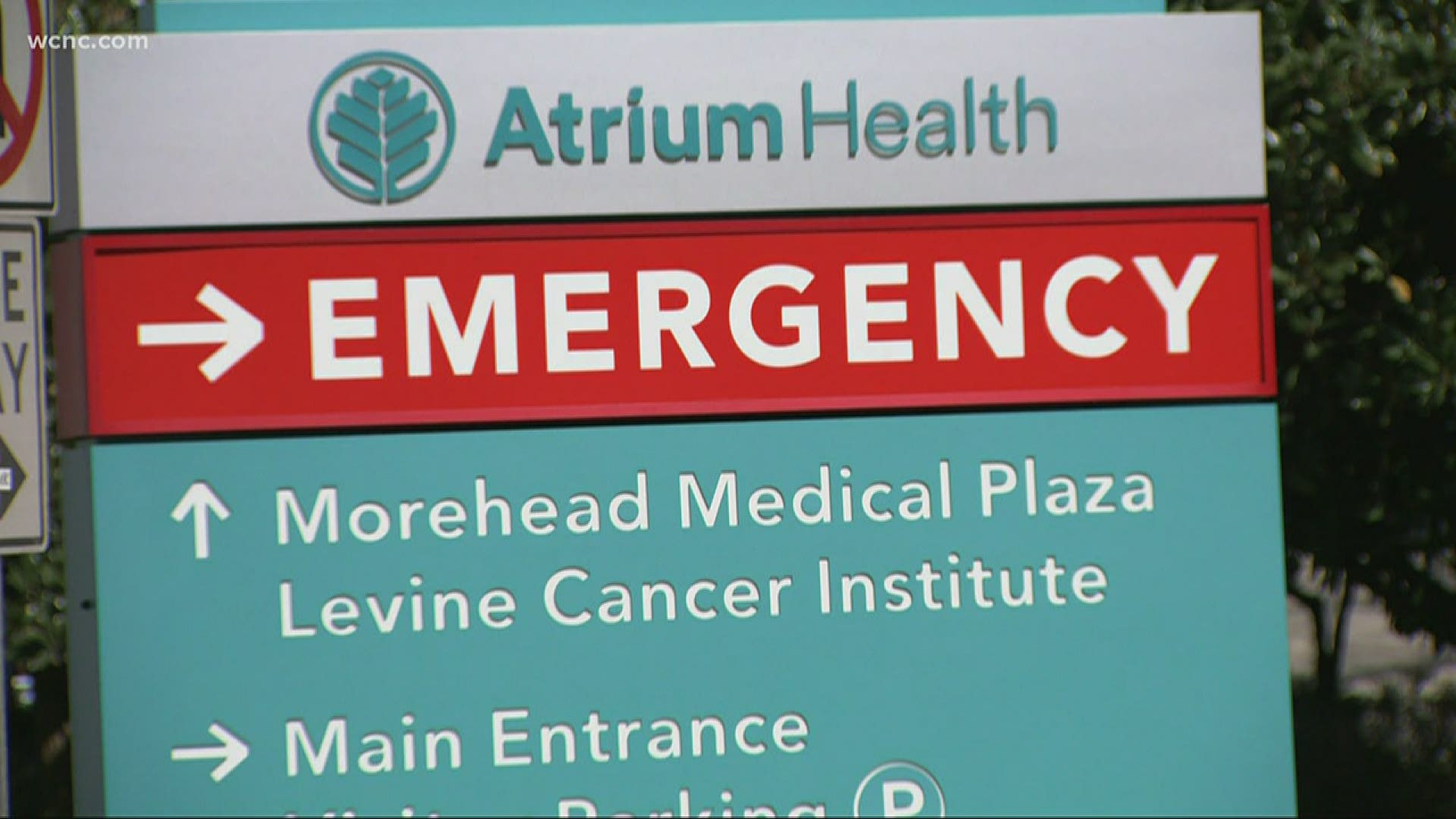CHARLOTTE, N.C. — WCNC Charlotte Defenders team learned the U.S. Department of Health and Human Services is loosening enforcement on HIPAA laws.
It’s meant to allow doctors to treat patients through virtual visits without fear of violating privacy laws.
There have also been significant impacts on privacy at the workplace, where a normal sick call is a thing of the past. A year ago, if someone called in sick that was likely the end of the conversation, but these days it only begins a new one.
Raven McGregor said it started when she lost her sense of taste and smell. Her mother thought it was a sinus infection, but three days later her condition quickly worsened.
“(It) hit me all at once,” said McGregor. “I woke up and my fever was 103, I had this shortness of breath.”
The 27-year-old said she tested positive for the coronavirus. At one point, she says her symptoms got so bad, she ended up in the emergency room. Although she works from home, she thought it was important for her employer to know about her diagnosis.
“I wasn't afraid of anyone at my job knowing that I had it,” McGregor said.
However, not everyone is as comfortable sharing personal medical information, and these days employers are asking more questions.
“In the past, you might not be able to quiz an employee about their health,” said Jake Modla, an attorney who specializes in labor and employment law.
Modla said federal agencies have issued guidance to help employers navigate between privacy rights and public health.
“If you've got an employee with a fever, you can ask some questions, take their temperature, do things an employer typically wouldn't be able to do,” said Modla.
The federal government has also loosened enforcement of the HIPAA law, so doctors working in good faith can see patients in virtual visits.
“The government is saying we are going to encourage that and take away the fear of a HIPAA violation that maybe was inadvertent,” said Modla.
However, the WCNC Charlotte Defenders investigation found some questions about privacy don’t have clear answers. WCNC Charlotte asked Modla if employees have the right to know if a co-worker tests positive for the virus.
“I think that right now that's kind of a gray area,” said Modla. “They might not need to know the identity, but they might need to make those employees aware they might have been exposed.”
“I could see how it could make some people uncomfortable, but I think it's needed,” said McGregor.
In fact, McGregor says she wanted her co-workers to know she had the virus, so they could realize how serious it is.
“I felt like if they knew and they were like ‘whoa’, they could put a face to the virus,” said
McGregor said it took her about two weeks to fully recover from the virus.
Modla tells WCNC Charlotte it’s important for employers to create an environment where employees are comfortable coming forward.
MORE ON WCNC CHARLOTTE:

